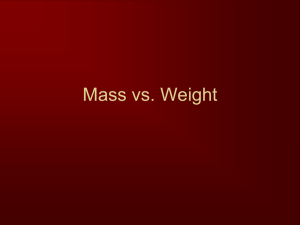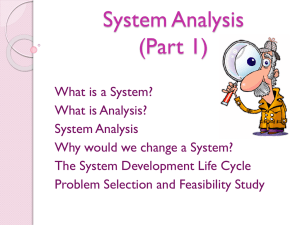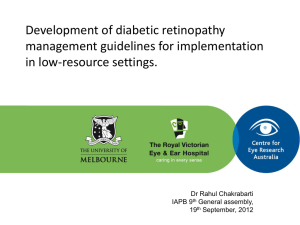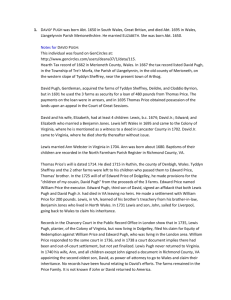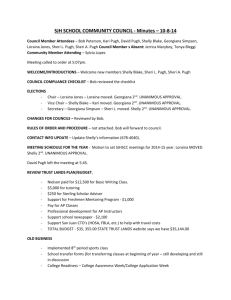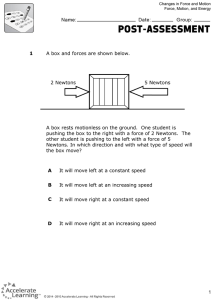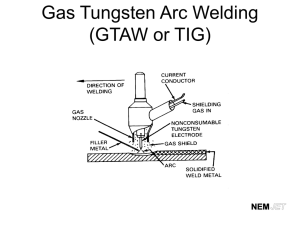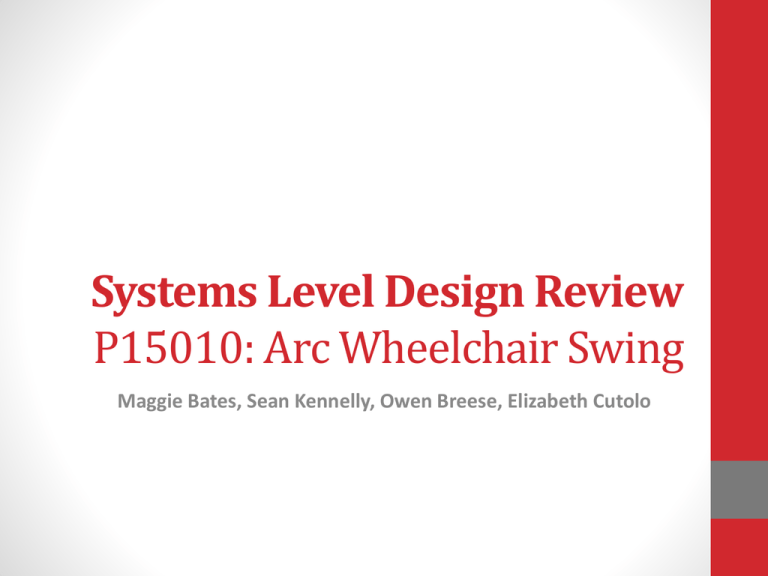
Systems Level Design Review
P15010: Arc Wheelchair Swing
Maggie Bates, Sean Kennelly, Owen Breese, Elizabeth Cutolo
Agenda
• Project Background
•
•
•
•
Project Statement
Current Market
Customer Needs/Engineering Specifications Highlights
Updates Since Project Definition Review
• Systems Design
• House of Quality
• Functional Decomposition
• Concept Development
•
•
•
•
•
•
Morphological Chart
Pugh Chart
Selected Concept
System Architecture
Feasibility
Risk Assessment
Problem Statement, Deliverables, Current Market,
Customer Needs and Engineering Specifications
BACKGROUND
Problem Statement
Our team has been tasked with developing and
implementing a mechanism that allows individuals
in wheelchairs to experience the sensory
stimulation one gets from swinging without exiting
their standard or powered wheelchairs for under
$2,500 by May 2015.
Primary Customer:
Amanda Bement, Arc of
Monroe Day Services Director
Current Market
Current Market
Customer Requirements
Customer Requirements
Customer Rqmt. #
Importance*
Category
CR2
9
Safety
Minimizes distance of the chair off the ground
during swinging for safety and size constraints.
CR3
9
Safety
Supports the weight of the wheelchair and the
occupant.
CR15
9
Safety
Swing will remain at a safe speed throughout use.
CR7
3
CR16
9
Description
Arc facilities department has the ability to transport
Versatility product from indoor areas to outdoor areas using
doorways that range from 32" to 36".
Budget
Project total cost will not exceed $2,500
Engineering Requirements
Engineering Requirements
Updates Since Last Review
• Stakeholder Communication
• Arc of Monroe Outreach
• Opened Dialogue with Director, Physical Therapist and Facilities
• Project Champion
• Dr. Dan Phillips from Biomedical Engineering
• Customer Requirement and Engineering Specifications
• Working towards solidifying with all members of the customer
team
• Higher level understanding of vestibular simulation
• Safety Regulations
• What Arc will Accept as Product
• What resources are available for our use
• Impact on Budget
House of Quality, Functional Decomposition
SYSTEMS DESIGN
Functional Decomposition
Functional Decomposition
House of Quality
Morphological Analysis, Pugh Chart, Selected Concepts,
System Architecture, Feasibility Analysis, Risk Assessment
CONCEPT DEVELOPMENT
Morphological Analysis/Pugh Chart
Concepts
Pugh Chart
Pugh Chart
Each Concept was used
as Datum. Below are the
ranking averages.
Selected Concept
System Architecture
Feasibility Analysis
Propulsion System
Equation
Minimum Value
Maximum Value
Mass (lbs)
N/A
650
850
Mass (Newtons)
1 lb = 4.44822 Newtons
2891.3
3781.0
Velocity (m/s)
N/A
0.5
1
Time (s)
N/A
2
7
Acceleration (m/s^2)
a=v/t
0.0714
0.5
Force Required (Newtons)
F=m*a
206.5
1890.5
Force Required (lbf)
1 lb = 4.44822 Newtons
46.43
425
Feasibility Analysis
Braking System
Feasibility Analysis
Safety Considerations
•
1:16 maximum slope for ramp
•
Objects may not protrude 60’’ wide space of an
accessible route
•
Designers must consider optimal layout for experience
•
Turning space for wheelchair shall be located
immediately adjacent to swing
Risk Analysis
Risk Analysis (Continued)
Project Planning, Subsystem Design Focuses
SUBSYSTEM DESIGN PREP
Project Plan
Subsystem Design Phase Focuses
• Braking
• Disc brakes
• Propulsion
• Human powered
• Safety
• Human powered
• Frame
• Action item
Questions?


